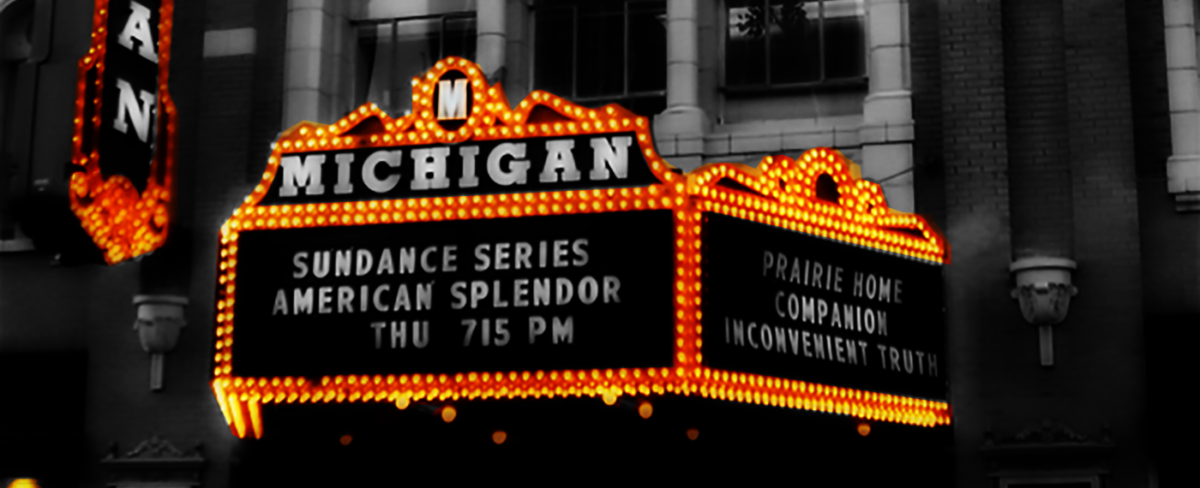
In Palestine
“On the rock-strewn hills I heard
The anger of guns that shook
Echoes along the glen.
In my heart was the song of a bird,
And the sorrowless tale of the brook,
And scorn for the deeds of men.”
—Siegfried Sassoon, 30-Mar-1918
An interesting story of the month Siegfried Sassoon spent in Palestine is in the Los Angeles Review of Books currently. Nina Martyris in «Siegfried Sassoon and Palestine» notes that Sassoon “wrote [the words above] not on the Somme but in Palestine, where he was posted for a little over a month in the spring of 1918. He could easily be talking about the vicious war raging across Israel and Gaza’s rocket-strewn hills today.” She continues:
“To read Sassoon on war is to read about Israel and Gaza today. After he left Palestine, he wrote a tightly crafted sonnet called “Ancient History†on the fratricidal nature of war, told through the allegory of Cain and Abel. Ironically, that same story of brotherly murder provided the name of Israel’s Operation Brother’s Keeper, launched to search the West Bank for the three Israeli teenagers whose abduction and murder sparked the ongoing clash. In Sassoon’s scorching parable, Adam stands in for the cynical old politicians who watch their young kill one another.
…
“What makes this poem a moral grenade is its self-awareness. Sassoon knew that there were bits of Cain and Abel tussling inside him. At the start of the war, he had been a soldier filled with bloodlust, and made quite a reputation for himself for his revenge killings of Germans. But he had also sickened of the slaughter and campaigned for it to stop. In Sassoon’s case, Abel finally won, but the current war, with its far more ancient and complex metabolism, is inevitably stamped with the mark of Cain.
“The Gaza war has been fought as much with rocket fire and rhetoric as with cameras that have smote the world’s conscience with streams of pictures of Palestinian families half-buried under rubble. During the First World War, press coverage of the front was strictly monitored, and only photographs of dead Germans were allowed to be published in the British newspapers. In the absence of cameras there were war poems.”
—LA Review of Books
Fascinating reading, even if it is pretty depressing.

